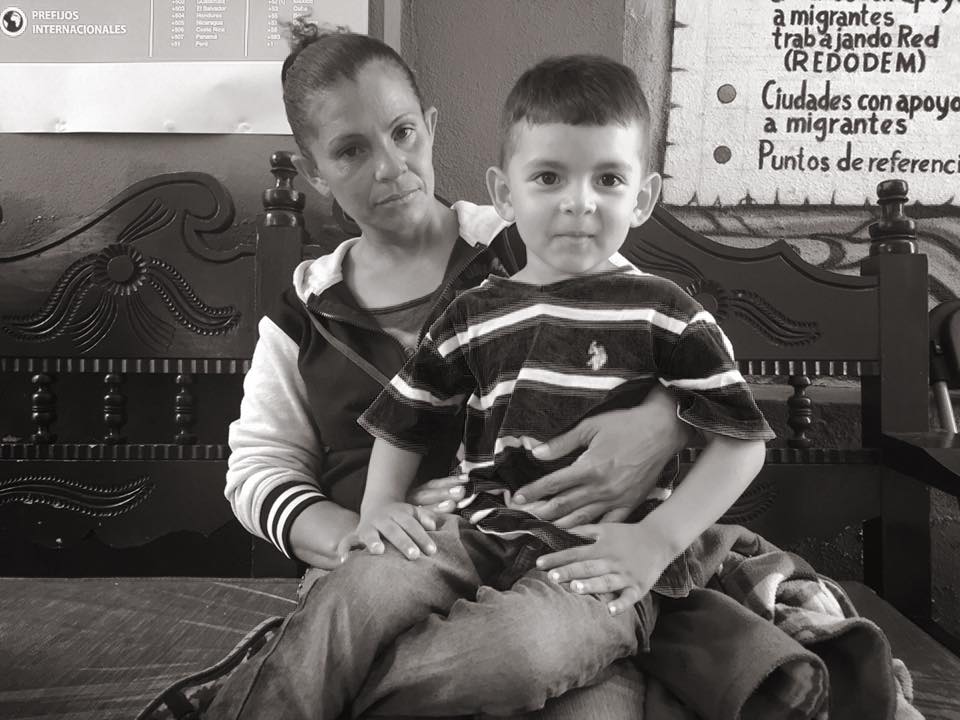
Marist Experiences of attention to the Migrant population
Querétaro has been classified as one of the more secure cities of Mexico, with one of the highest GDP (PIB) – Gross Domestic Product – and economic growth of the country. Being in the center of the territory, many migrants cross Queretaro every day by the railroad tracks. The majority of the migrants are men between 18 and 41 years of age. Half of them come from Honduras, the rest from El Salvador, Guatemala, Mexico and Nicaragua.
As a response to the migratory situation in the city, in 2014 the Marist Center of Support for the Migrant (CAMMI) was founded. The installations are located inside the Marist University of Queretaro.
The mission of this Center is to generate social conscience or awareness by means of concrete actions for the benefit of less favored persons, taking care of the fundamental needs of migrant persons and inviting the civil society to join in for the construction of better surroundings for the migrant brothers and sisters.
Among the services given, there are: showers, clothes, wardrobe, telephone calls, medicine, legal orientation, information regarding lodging and breakfasts.
In 2015, the CAMMI offered help to more than 600 persons. During January-November 2016 the number of persons taken care of was 450.
The main concern of CAMMI concerning the migrants and that derives from specific cases that have accompanied, is that the protocols of attention and channelling for all of them are not respected.
The CAMMI has accompanied cases with the end of watching over the processes that are carried out in the detentions of the National Institute of Migration (INM). It is fundamental to make visible and make known that the INM is violating the federal laws through the following actions: the migrants are being taken directly to the migratory station and no alternatives to the detention are offered them, their rights are not read to them, they are not told and make known that they can be candidates to ask for refuge, they are not put in contact with their relatives, and they receive medical attention conditioned by their migratory status, they are not given access to education during their stay in the country and they have even been denied the right to identity.
